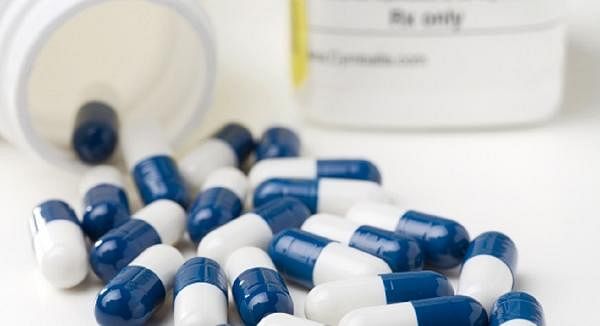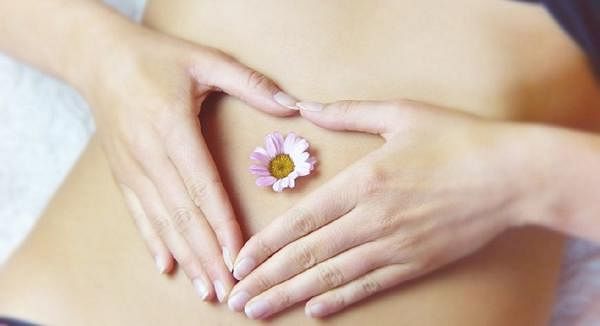Vitamin D Deficiency Linked to IBS
Why you can trust Nutri Advanced Every article on our site is researched thoroughly by our team of highly qualified nutritionists. Find out more about our editorial process.
A new study recently carried out at the University of Sheffield has found a significant link between vitamin D deficiency and Irritable Bowel Syndrome (IBS) – a debilitating condition that affects up to 15% of the population in the industrialised world.
51 patients took part in this recent randomized, double-blind controlled trial.
Initial tests showed that 81.8% of people with IBS and constipation, 70% with diarrhea and 81.6% with mixed bowel habits were deficient in vitamin D. Researchers also identified a significant association between vitamin D level and quality of life.
Following initial testing to establish these baseline scores, study participants were randomly allocated to receive either placebo, vitamin D + probiotic supplementation, or just vitamin D supplementation for 12 weeks. Results showed that after 12 weeks of supplementation, all patients with adequate levels of vitamin D showed signs of improvement. More specifically, the group taking vitamin D + probiotic supplementation improved from 25% to 87.5%, the group taking vitamin D on its own improved from 22.2% to 92.3%. Interestingly, improvements were also noted in the placebo group, from 18.5% to 60%.
The researchers commented on the potential mechanism of action behind vitamin D's role in bowel function,
“Vitamin D receptor (VDR) is also expressed in the gut and regulates epithelial barrier function and bowel inflammation suggesting that a vitamin D deficient diet may directly impact bowel function and hence IBS symptomology.”
An estimated 10 million people across England are suffering from low levels of vitamin D – around 1 in 5 adults and 1 in 6 children according to the NICE Centre for Public Health. Many people are unaware that the main source of vitamin D is not food but sunshine. The skin manufactures this essential nutrient upon contact with the sun’s rays; in colder climes however, when people spend more time covered up indoors, production is very limited. In addition, in the UK from mid-October to the start of April, sunlight doesn’t have the correct wavelength to create vitamin D in the skin. Supplementation with vitamin D as cholecalciferol with added vitamin K2 is an effective way to increase levels.
References:
Tazzyman S et al. Vitamin D associates with improved quality of life in participants with irritable bowel syndrome: outcomes from a pilot trial. BMJ Open Gastro. Doi: 10.1136/bmjgast-2015-000052
This website and its content is copyright of Nutri Advanced ©. All rights reserved. See our terms & conditions for more detail.
Nutri Advanced has a thorough research process and for any references included, each source is scrutinised beforehand. We aim to use the highest value source where possible, referencing peer-reviewed journals and official guidelines in the first instance before alternatives. You can learn more about how we ensure our content is accurate at time of publication on our editorial policy.
Most Popular Articles
-
7 Surprising Ways To Support Your Magnesium
If you are displaying signs of a magnesium deficiency, here are 7 ways to boost your magnesium levels that are easy to incorporate into your daily life. -
5 Best Vitamin C Supplements Picked By Our Experts
Learn more about the different types of vitamin C, the different benefits you get from different types, and what you get for spending more on a good supplement. -
Top 5 Vitamins For Energy And Tiredness Picked By Our Experts
The 5 best and most important vitamins for energy & tiredness including B vitamin food sources & best supplement forms for energy. -
Benefits of Myo-Inositol for Polycystic Ovary Syndrome (PCOS)
In this research review article, we take a closer look at a lesser-known natural compound called myo-inositol that has been found to have significant potential to improve many of the prevalent features of PCOS. -
Top 10 Reasons to Give Your Kids Omega-3
Read the top 10 reasons that kids should have plenty of Omega-3- an essential fatty acid- including for depression, brain function, sleep & reading/maths skills.











